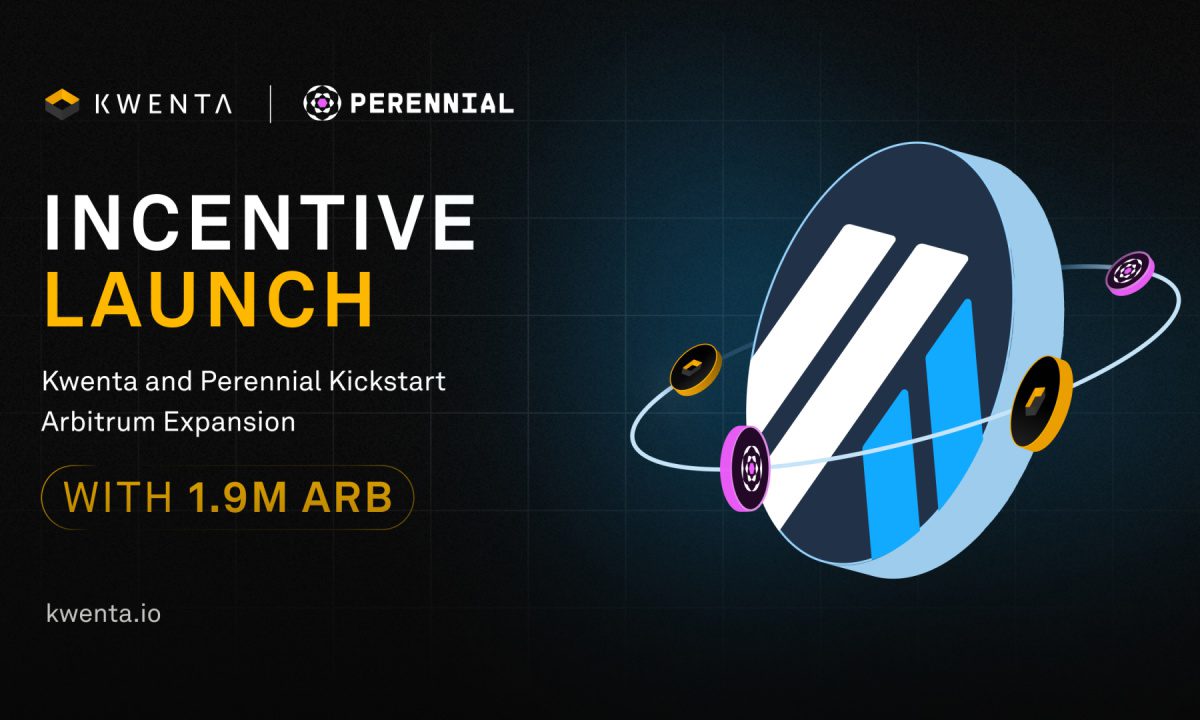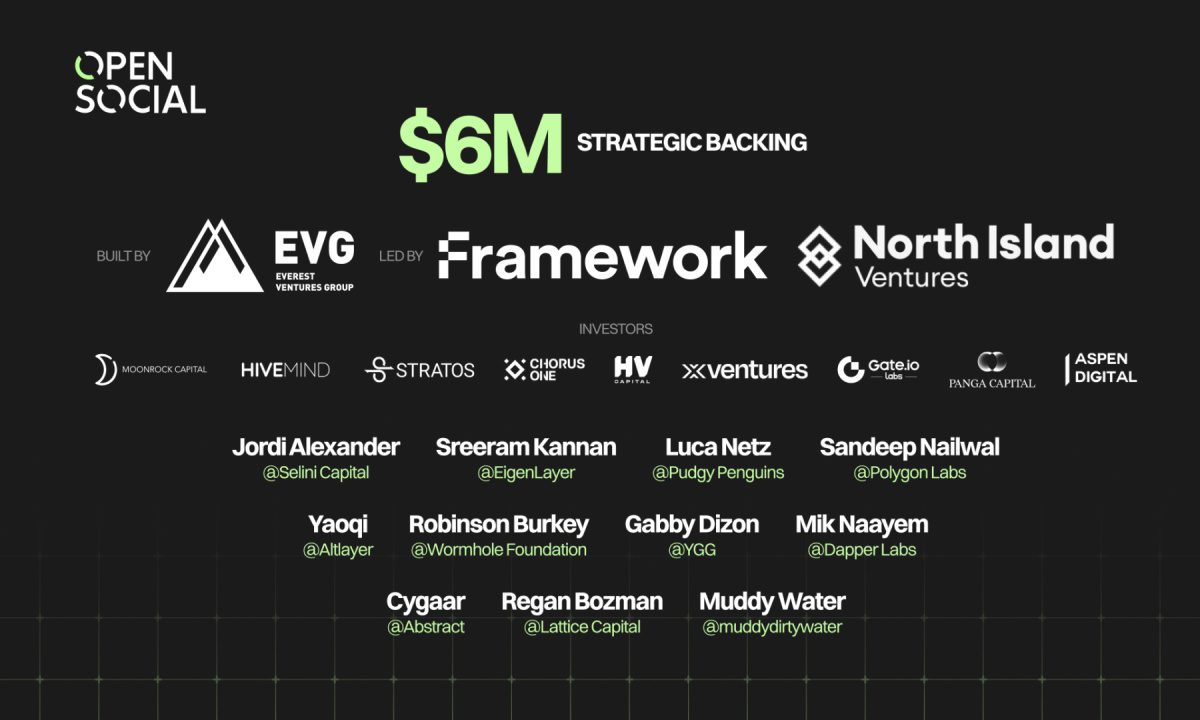Data privacy is an essential aspect of our digital lives that involves the protection and control of sensitive information. With the rapid growth of technology and the proliferation of personal data, it has become increasingly important to understand data privacy and take measures to safeguard our information.
Data privacy encompasses various principles and practices that govern the collection, storage, use, and sharing of personal data. It involves ensuring that individuals have control over their own information, including who has access to it and how it is used.
Traditional data protection involves measures such as data backup and file restoration to prevent data loss. Data security, on the other hand, focuses on protecting data from unauthorized access and cyber threats. While these aspects are important, data privacy goes beyond them to address the ethical and legal implications of handling personal information.
In today’s digital landscape, many companies rely on data as a valuable asset for various purposes, such as targeted advertising, market research, and improving user experiences. However, this reliance on data raises concerns about privacy, as individuals may not always be aware of how their data is being used or have control over its dissemination.
When using online platforms or services, users often consent to the collection, storage, and sharing of their data by agreeing to the platform’s terms and conditions or privacy policy. It is crucial for individuals to read and understand these policies to ensure that their data is not misused or shared without their knowledge or consent.
While data privacy has been a focus in centralized systems, such as social media platforms and e-commerce websites, it poses unique challenges in decentralized technologies like blockchain.
What is Data Privacy in Blockchain?
Blockchain technology offers many advantages, such as transparency, immutability, and decentralization. However, it also presents challenges when it comes to data privacy. In a blockchain network, all participants can access information about all transactions that have taken place. This transparency ensures the integrity of the system but raises concerns about individual privacy.
In a public blockchain, such as Bitcoin or Ethereum, transactions are recorded on a public ledger that is visible to anyone. While transaction details are pseudonymous, meaning they are linked to unique wallet addresses rather than real-world identities, it is still possible to analyze blockchain data and potentially trace transactions back to individuals.
For example, imagine a scenario where a person makes a cryptocurrency transaction using their wallet address on a public blockchain. If someone were able to associate that wallet address with the person’s real-world identity, they could potentially track all their transactions and gain insight into their financial activities.
This lack of privacy can be a concern for individuals who value their financial and transactional privacy. Additionally, it may deter some users from fully adopting blockchain technology if they are worried about their information being publicly accessible.
How can privacy be preserved in Blockchain?
Fortunately, there are solutions and techniques available to preserve privacy while utilizing blockchain technology.
What are Privacy Coins?
Privacy coins, such as Monero, Zcash, and Dash, are cryptocurrencies designed with a focus on anonymity and privacy. These coins utilize cryptographic techniques to obfuscate transaction details, making it challenging to trace the flow of funds and link transactions to specific individuals.
For example, Monero uses ring signatures and stealth addresses to mix transaction inputs and outputs, making it difficult to identify the sender and recipient. Zcash, on the other hand, utilizes zero-knowledge proofs to enable selective disclosure of transaction details, allowing users to prove the validity of transactions without revealing specific information.
What are Mixers and Tumblers?
Mixers, also known as tumblers, are services that allow users to mix their cryptocurrency transactions with other users’ transactions, making it difficult to trace the origin and destination of funds. These services typically involve breaking the transaction flow and recombining the funds in a way that obscures the original source.
By using a mixer, individuals can add an additional layer of privacy to their transactions, making it harder for someone to follow the money trail. However, it is important to choose a reputable mixer service to ensure the security and integrity of the process.
What are private wallets?
Private wallets, such as Blank, provide users with enhanced privacy features for their cryptocurrency transactions. These wallets utilize advanced techniques, such as stealth addresses and built-in coin mixing, to protect the privacy and anonymity of users.
By using a private wallet, individuals can have greater control over their data and ensure that their transactions are not easily traceable. Private wallets are designed to prioritize privacy and provide users with a secure and anonymous way to manage their cryptocurrency holdings.
Why is Data Privacy important?
Data privacy is crucial for several reasons:
What is the Protection of Personal Information?
Data privacy ensures that individuals have control over their personal information, protecting them from identity theft, fraud, and other forms of misuse. It allows individuals to decide who can access their data and for what purposes.
What is compliance with regulations?
Data privacy laws, such as the European Union’s General Data Protection Regulation (GDPR) and the California Consumer Privacy Act (CCPA), require organizations to handle personal data responsibly and provide individuals with certain rights regarding their information. Compliance with these regulations is essential to avoid legal consequences and maintain trust with customers.
What is the Preservation of Autonomy?
Data privacy empowers individuals by preserving their autonomy and allowing them to make informed choices about how their data is used. It prevents data from being exploited for purposes that individuals do not agree with, ensuring that they have the freedom to express themselves and participate in digital activities without fear of surveillance or manipulation.
What is Trust and Transparency?
Data privacy fosters trust between individuals and organizations. When individuals feel confident that their data is handled responsibly and ethically, they are more likely to engage with organizations and share information willingly. Transparency in data handling practices builds trust and strengthens relationships between users and service providers.
What is the conclusion?
Data privacy plays a crucial role in our digital lives, ensuring that individuals have control over their personal information and protecting them from misuse. While decentralized technologies like blockchain offer many benefits, they also present unique challenges when it comes to privacy.
Fortunately, there are solutions available to preserve privacy in blockchain, such as privacy coins, mixers, and private wallets. These tools allow individuals to maintain their financial privacy and transact securely while leveraging the advantages of blockchain technology.
Understanding data privacy and adopting privacy-enhancing measures is essential for individuals, organizations, and society as a whole. By prioritizing data privacy, we can create a more secure and trustworthy digital environment where individuals have control over their information and can participate in the digital economy with confidence.













